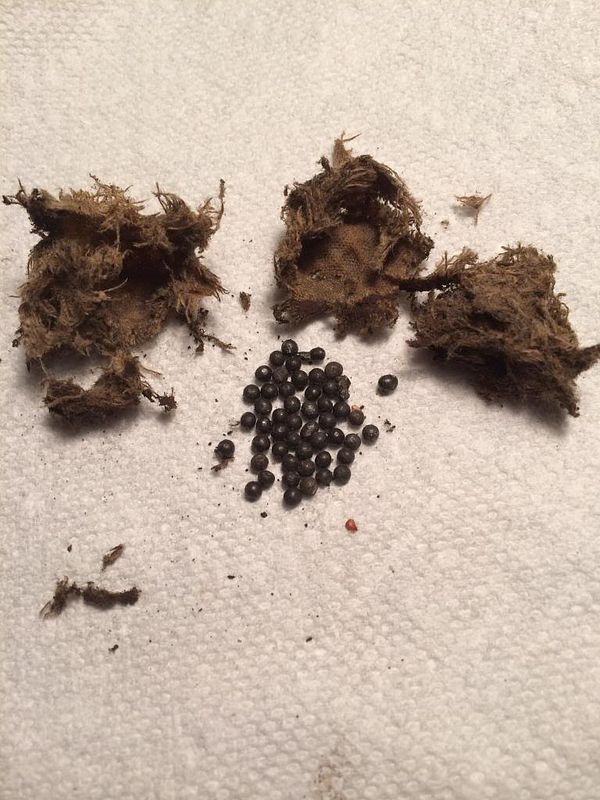First off, thanks for having me here at the forums and I hope you guys can help me out. I recently purchased an 1857 Tower marked (former) rifle now smoothbore musket. I've been digging around the internet for days trying to figure out a little background on it. When I bought it, I assumed it was an Afghanistan bringback, pakistani copy. When I looked closer the markings were too "neat" compared to the others like that I've seen. I forgot to get pictures before reassembly, but under the barrel it is marked "DEARS" or "DEART", "C&G", "17" and also hash marks. The proof marks on the left side of the barrel have long since been cleaned or sanded away but there are faint marks. The ramrod looks like it was made by a kindergartner! Anyway, my most current assupmtion is that it's a British made rifle, bored out, and issued to Indian troops during the insurrection. Can anyone add any insight?
Thanks in advance,
Adam
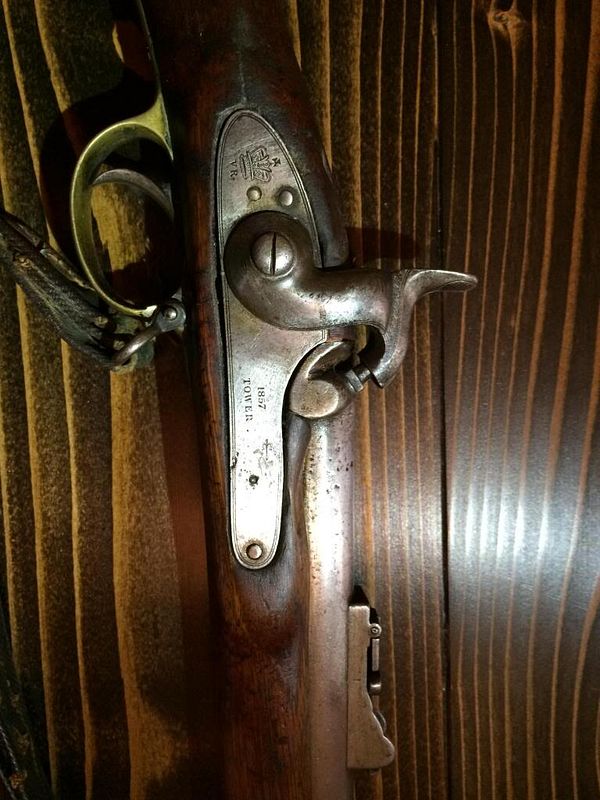
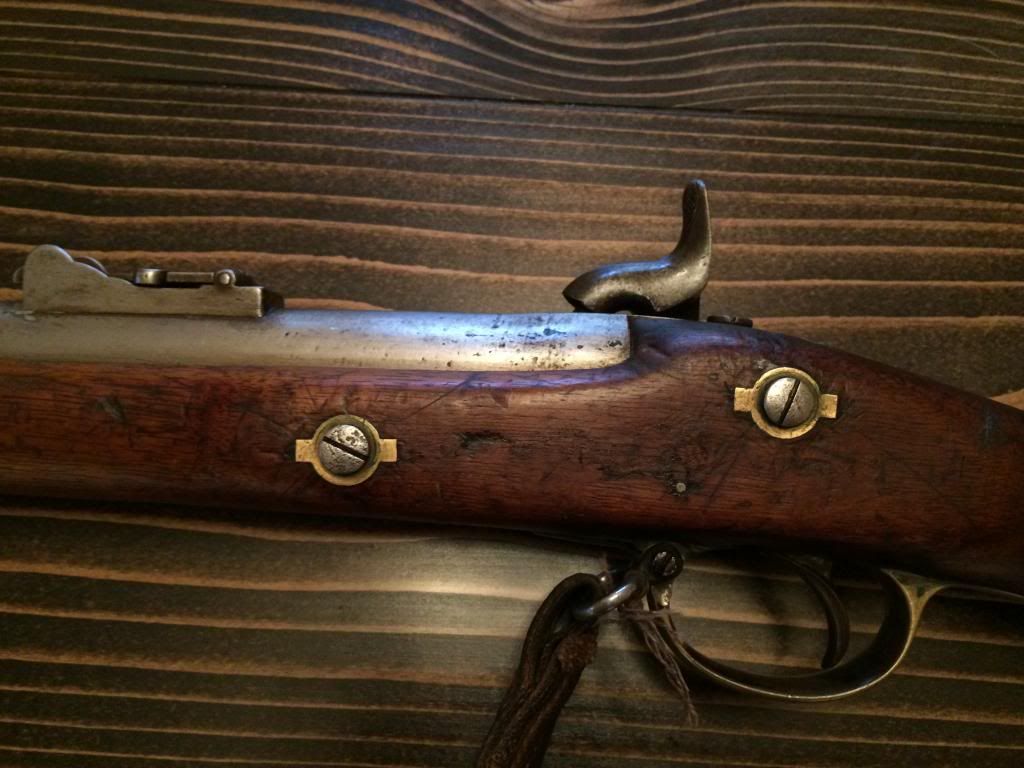
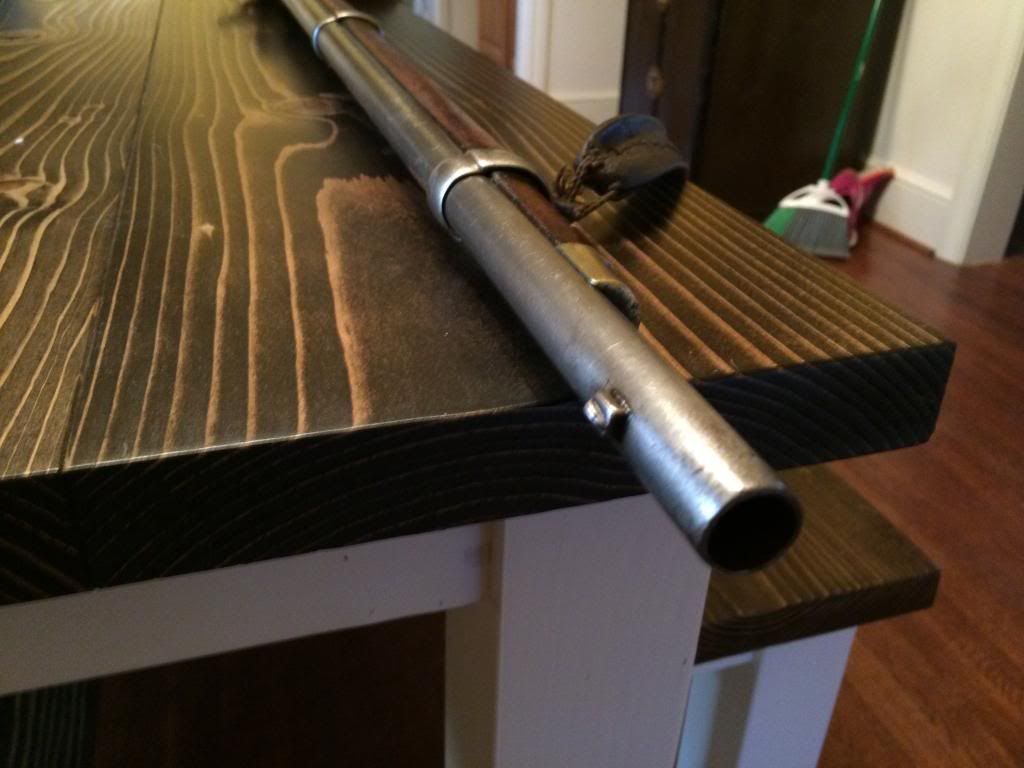
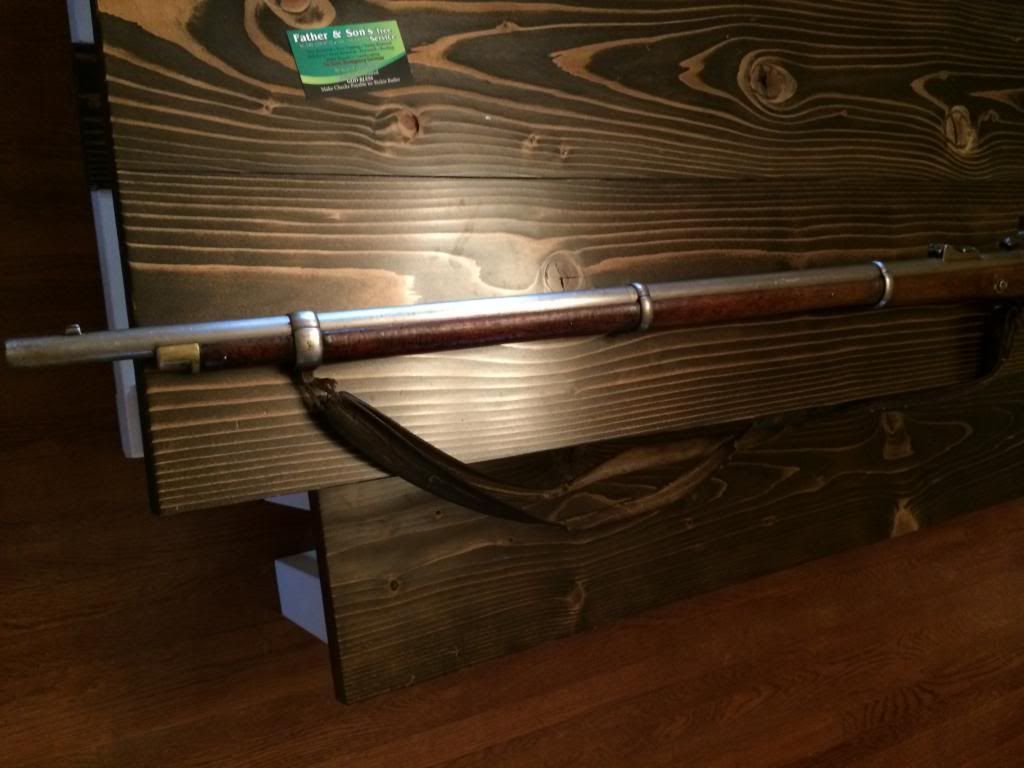
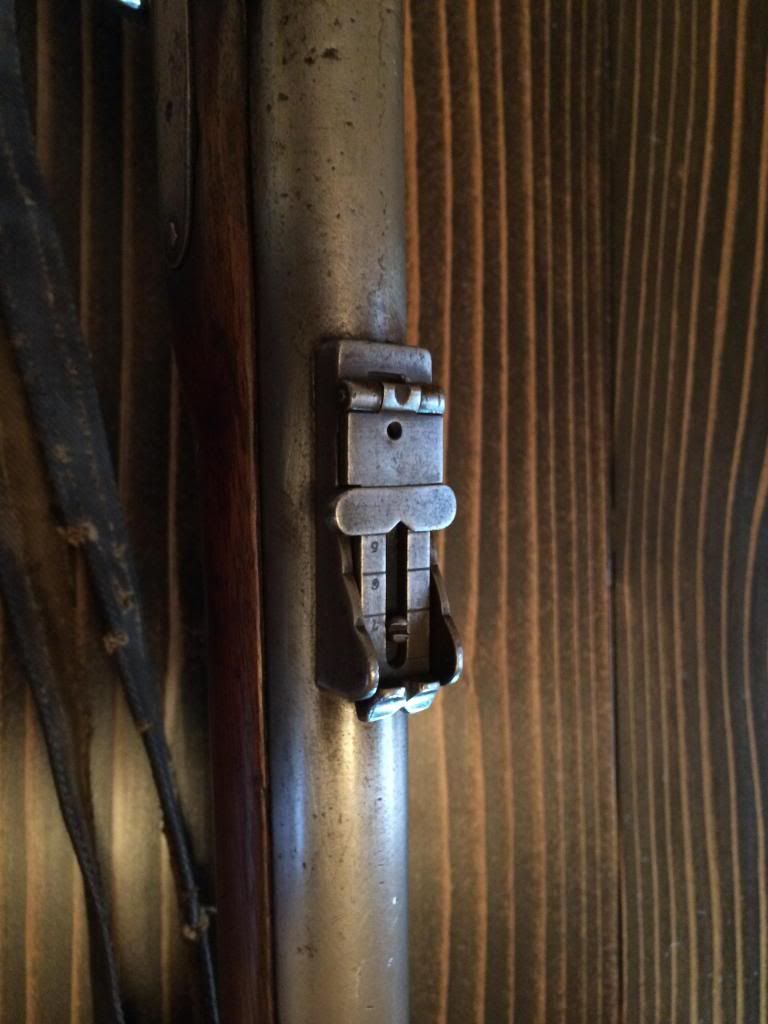
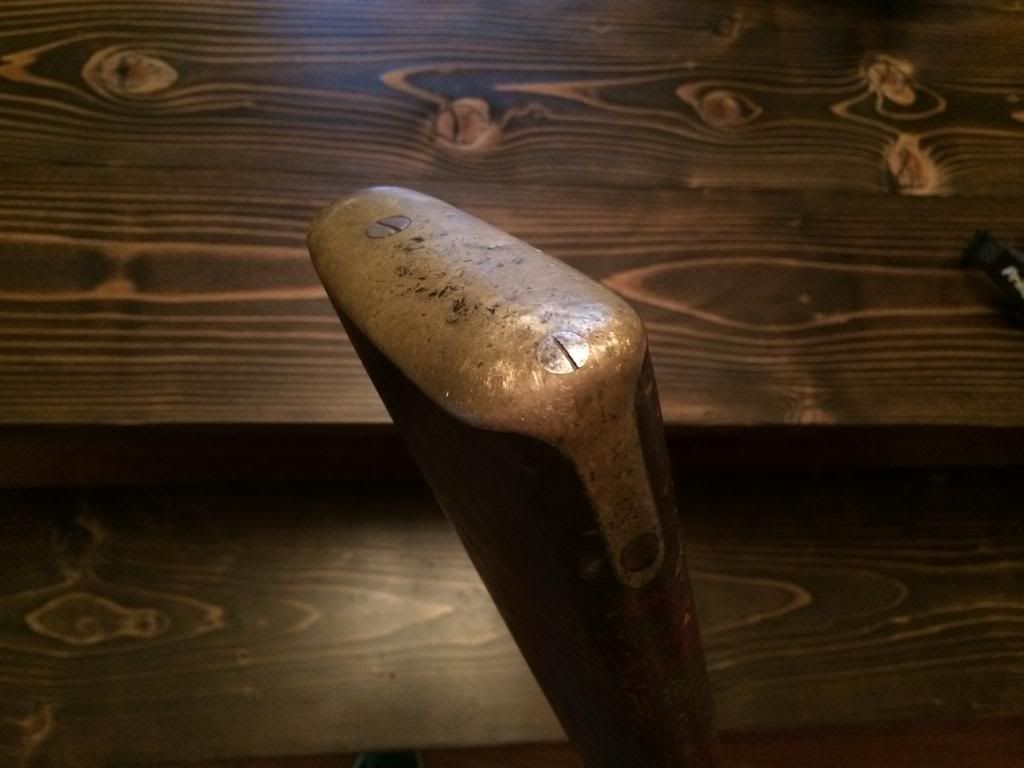
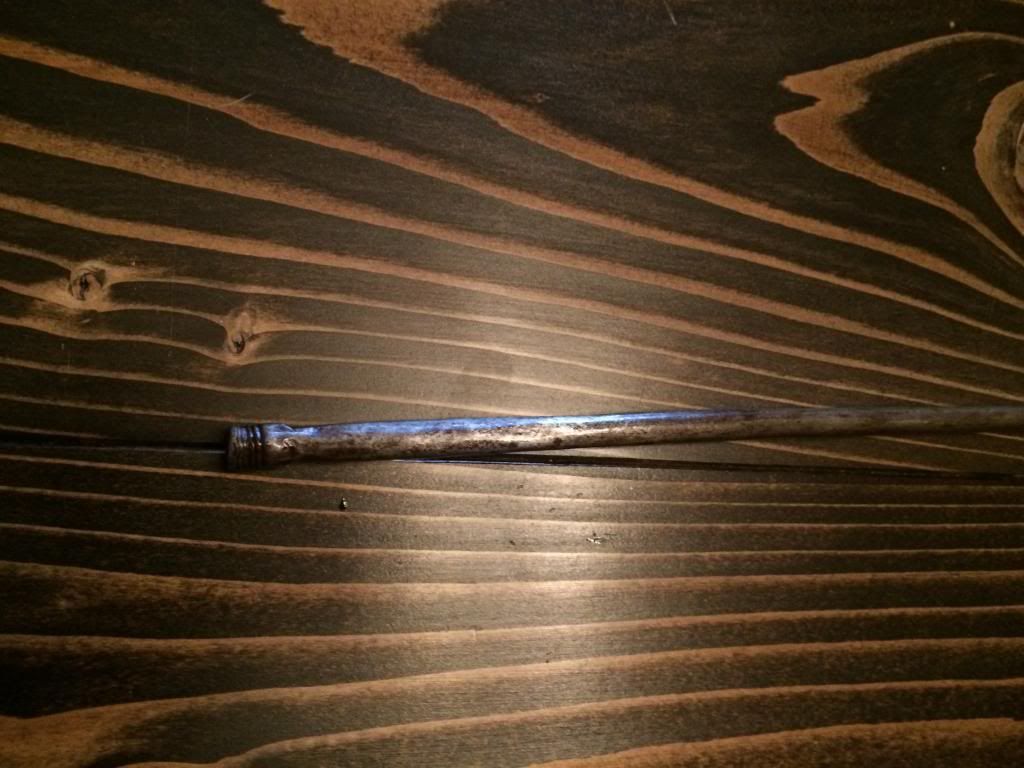
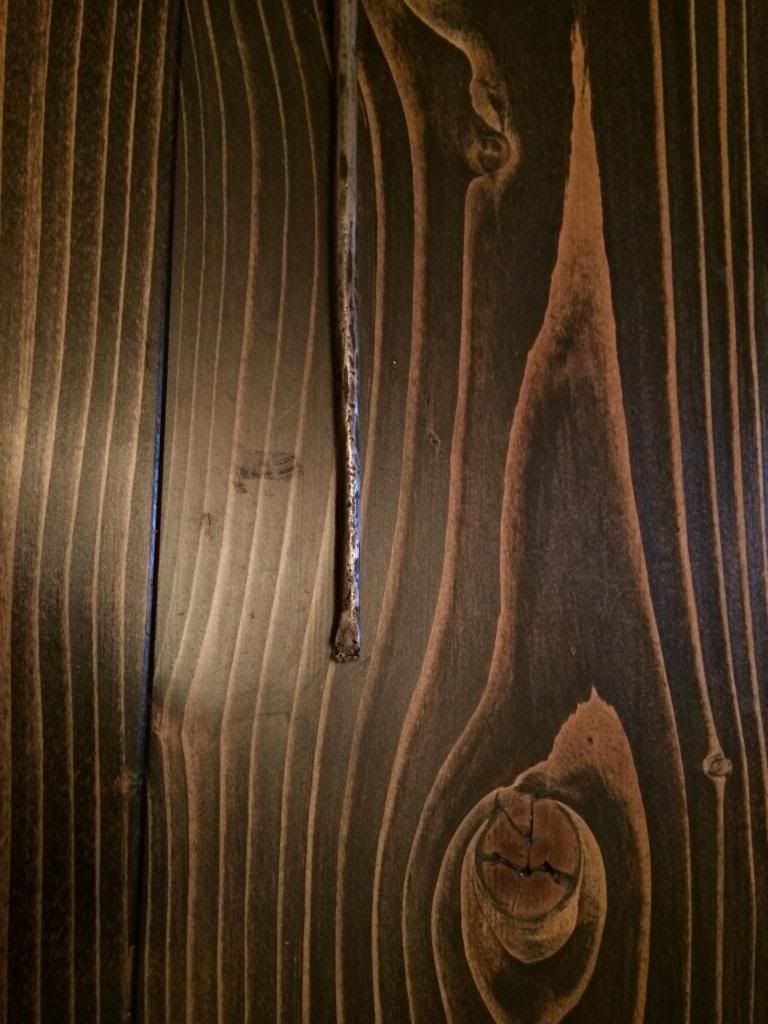
Thanks in advance,
Adam













